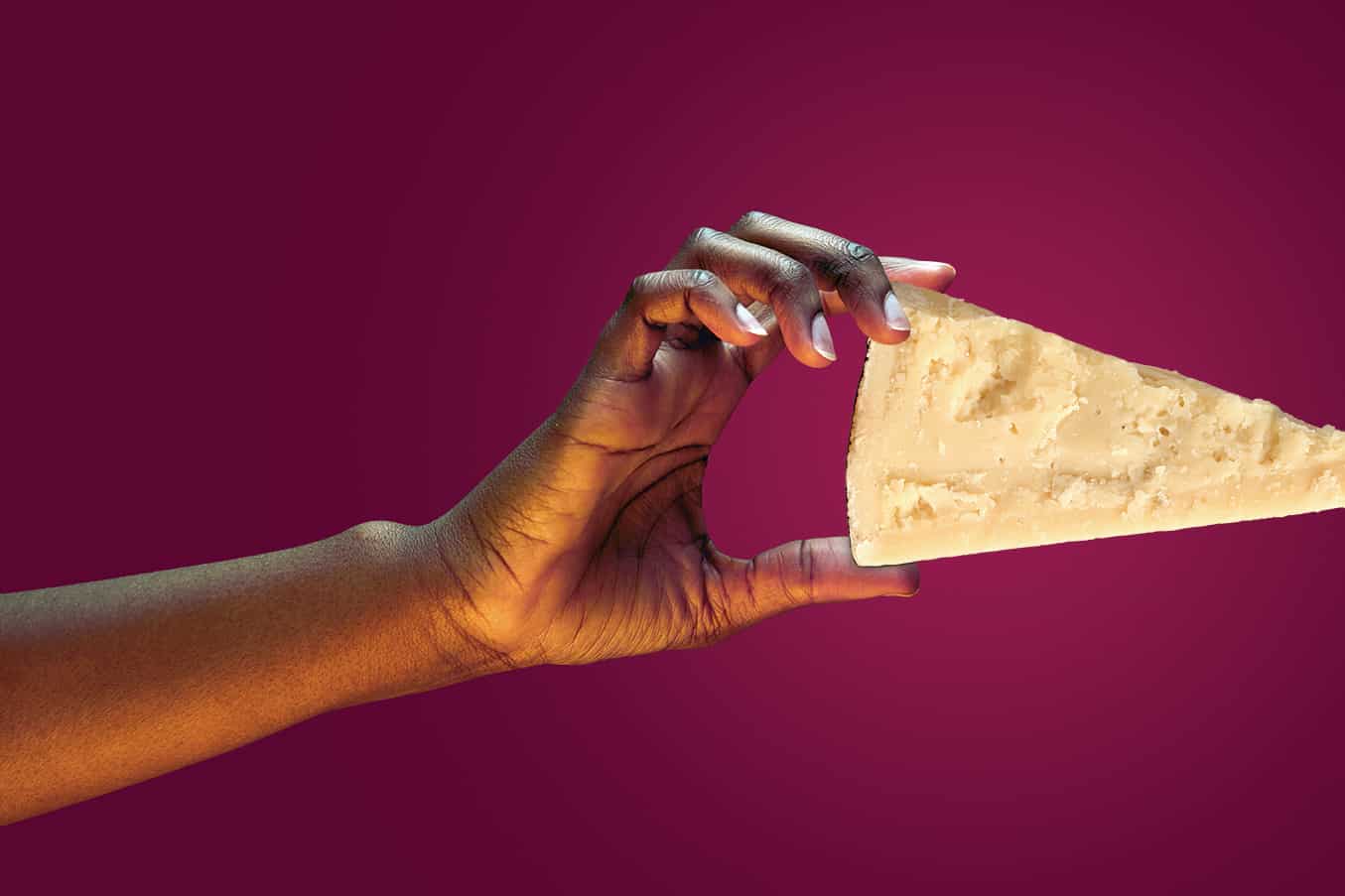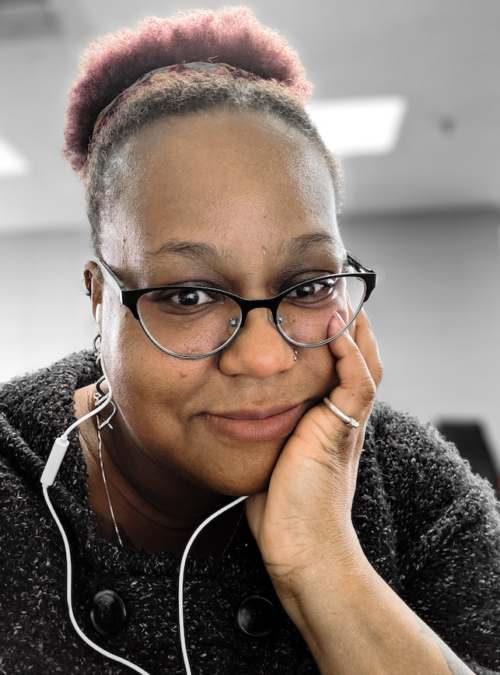
The educational system in the US is a travesty. I’m writing this as Florida fights to erase African American history; as they label queer, Black history as having no value; and on the eve of the whitewashed and trademarked Black History Month. As a Black queer woman, I’m heartbroken and angry, but I’m not surprised. You shouldn’t be surprised either. Now, dear reader, you might be thinking about emailing the editor complaining that I’m making this column too political. You’re just here to read about cheese, not about politics. But education is political and so is food, so for just a few moments we’re going to talk about erasure of Black, Indigenous, and other People of Colour in the cheese industry.
I started my cheese career as a monger in Chicago. Chicago has beautiful architecture, incredible diversity, and is also consistently listed as one of the most segregated cities in America. During my time there the staff behind the counter at Pastoral Artisan Cheese, Bread, & Wine reflected diversity. Sometimes we looked like a Benneton ad from the ‘80s, and front and center in that ad was one of my mentors, Cesar Olivares, a Mexican-born American. Cesar hired me as the assistant buyer. He was responsible for the educational programming at all the store locations. I learned so much from Cesar and took that knowledge with me as I progressed in my career.
Later, when I worked as the cheese buyer for a food co-op in New England, I started a cheese education program. I was working and living in a predominantly white space, and while people who attended my classes knew me as a well-informed, passionate, and quirky monger, I was still facing challenges in the store with regular customers who struggled with the idea of me being the expert. We could go into all the reasons why people have a hard time reconciling that a Black woman can be a cheese expert, but I don’t have the energy or the word count to explain how systemic racism, prejudices, and biases affect every aspect of BIPOC experiences.
If we’re not acknowledged and promoted within our industry, we won’t be seen by the public.
While I continued to work in cheese, I also made sure I continued to expand my own knowledge. I went to educational and sensory sessions, distributor meet-and-greets with producers, American Cheese Society conferences, and checked out events at other cheese shops and aging facilities. I never saw someone who looked like me leading those events. I never saw anyone who looked like Cesar, either. I’m aware that there are talented and knowledgeable cheese educators who are Black, Indigenous, and People of Colour, it’s just that there aren’t enough of us in those front-facing positions. If we’re not acknowledged and promoted within our industry, we won’t be seen by the public, which makes it difficult for them to acknowledge our contributions, inhibits our growth potential, and leads to our erasure.
This challenge can be found in every aspect of the industry. Who is seen as the person taking care of the animals or making the cheese? What do your distributors look like? Who are your sales reps? When you mention diversity in your staff, how many of those folks are leaders in your organization? How many of them are recognized and celebrated by staff and customers alike as experts in their field?
This is not an easy fix. It means you’re going to have to do work that makes you feel uncomfortable. You’re going to have to reflect on why you celebrate, promote, and respect some staff over others. You’re going to have to be committed to change, and then you’re going to have to be consistent in your implementation. While this work needs to be done— internally at first—it’s also needs to be part of a group effort if we want to see change in our industry and in broader society. So, I have two questions for you: Do you want to have a more equitable industry? And if so, are you ready to commit to change?




